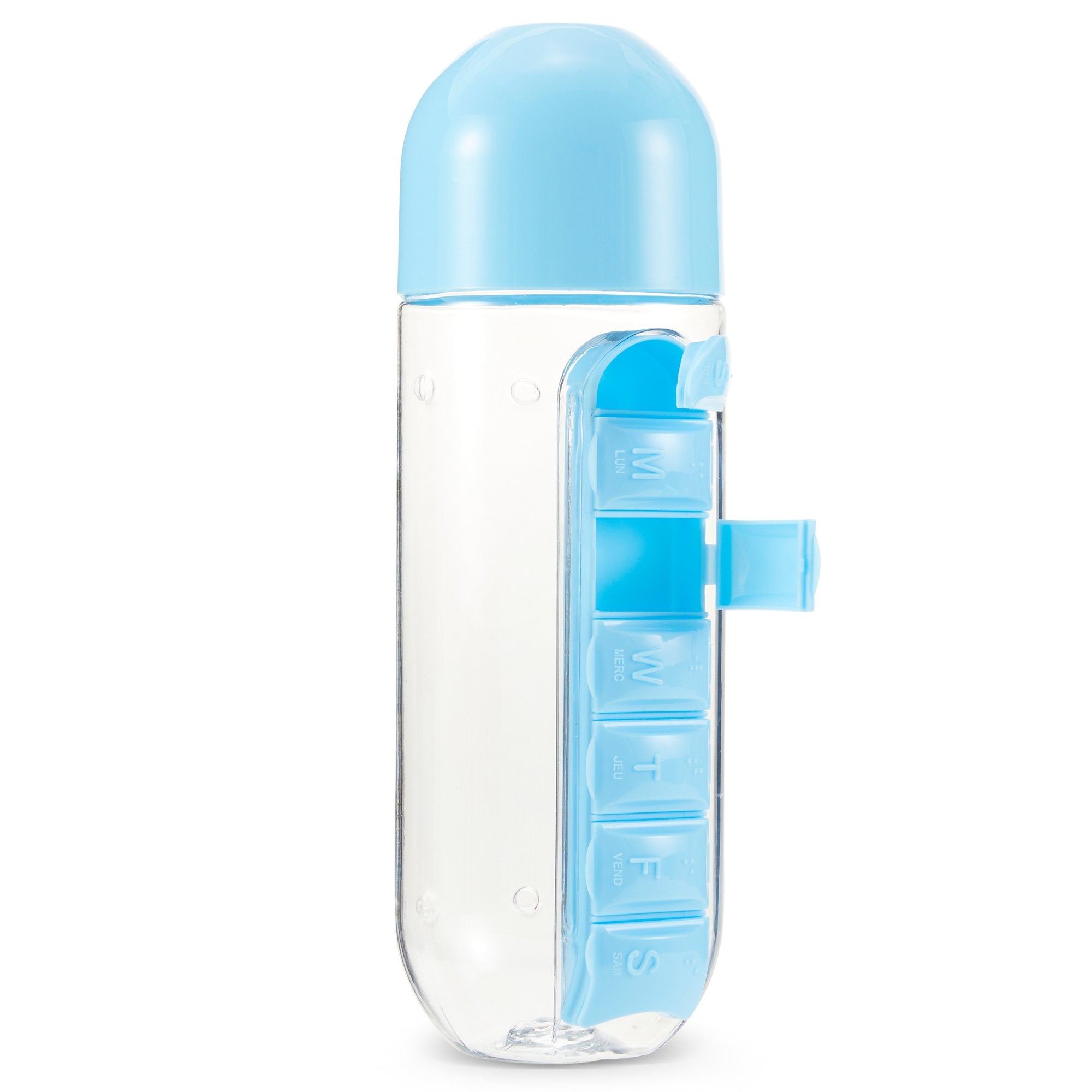What is CPAP and Sleep Apnea
Sleep apnea is a sleep disorder that affects millions of people worldwide. It is characterized by pauses in breathing or shallow breathing during sleep. These pauses can last from a few seconds to a few minutes and can occur multiple times throughout the night. Sleep apnea can be a serious condition if left untreated, as it can lead to a host of health problems.
There are three types of sleep apnea: obstructive sleep apnea (OSA), central sleep apnea (CSA), and complex sleep apnea syndrome (CSAS). The most common type of sleep apnea is OSA, which occurs when the muscles at the back of the throat fail to keep the airway open during sleep. CSA, on the other hand, is caused by a failure of the brain to signal the muscles to breathe, while CSAS is a combination of the two.
Symptoms of sleep apnea can include loud snoring, abrupt awakenings, gasping or choking during sleep, morning headaches, daytime sleepiness or fatigue, irritability, and difficulty concentrating. These symptoms can lead to significant disruption of daily life and even put one's safety at risk. For example, people with sleep apnea are more likely to fall asleep while driving or operating heavy machinery.
The risk factors for sleep apnea include being male, overweight or obese, having a large neck circumference, having a family history of sleep apnea, and having a narrowed airway due to tonsils or other factors. Additionally, certain lifestyle factors such as smoking and alcohol consumption can increase the risk of developing sleep apnea.
Diagnosis of sleep apnea usually involves a sleep study, which can be done at a sleep clinic or in the comfort of one's home. During a sleep study, various sensors are attached to the body to monitor breathing, oxygen levels, heart rate, and other physiological parameters. Based on the results of the study, a healthcare provider can diagnose sleep apnea and determine its severity.
Treatment for sleep apnea depends on the severity of the condition. Mild cases may be treated with lifestyle changes such as losing weight, quitting smoking, and avoiding alcohol before bed. Moderate to severe cases may require the use of a continuous positive airway pressure (CPAP) machine, which delivers air pressure through a mask to keep the airway open during sleep. Other treatments may include oral appliances, surgery to remove obstructions in the airway, or nerve stimulation therapy.
Left untreated, sleep apnea can lead to serious health problems such as high blood pressure, heart disease, stroke, diabetes, and depression. Additionally, it can significantly impact one's quality of life and increase the risk of accidents and injuries.
In conclusion, sleep apnea is a serious sleep disorder that can have a significant impact on one's health and wellbeing. If you or a loved one is experiencing symptoms of sleep apnea, it is important to seek medical attention and undergo a sleep study to determine the cause and severity of the condition. With proper treatment and management, it is possible to improve the quality of sleep and reduce the risk of complications associated with sleep apnea.





